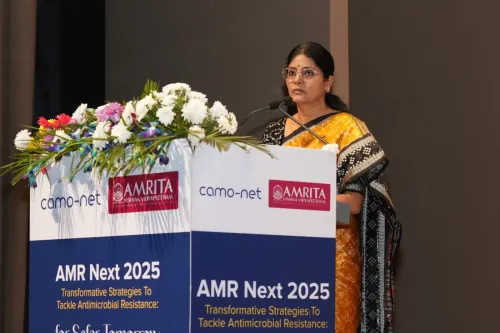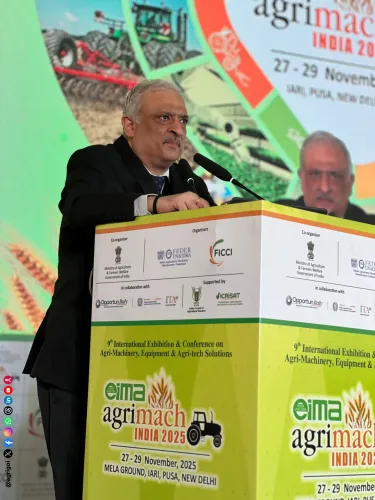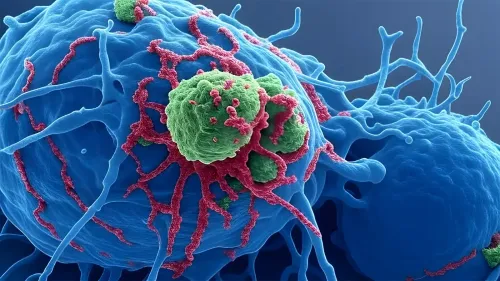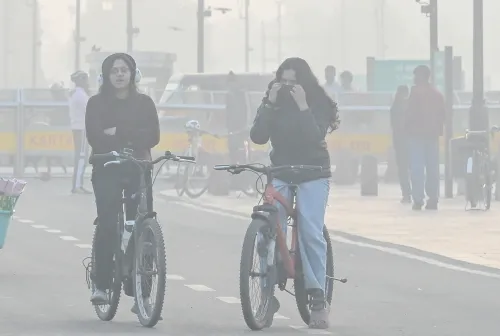How Prepared is India for Health Emergencies Amidst the India-Pakistan Conflict?
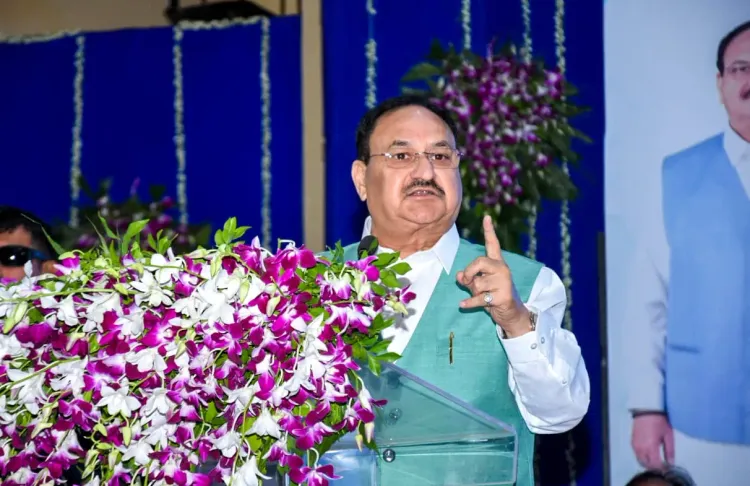
Synopsis
Key Takeaways
- 24/7 command center established for emergency monitoring.
- Hospitals must coordinate with local authorities for better preparedness.
- Mock drills conducted nationwide to test readiness.
- Essential medical supplies are prioritized.
- Training modules for emergency care are being rolled out.
New Delhi, May 9 (NationPress) Amidst escalating tensions between India and Pakistan, Union Health Minister J P Nadda convened a crucial meeting on Friday to assess the readiness of emergency health systems, ensuring that healthcare services remain uninterrupted.
Nadda emphasized the need for a 24/7 command and control center to oversee ongoing efforts and assist states during these challenging times.
He stated, “All medical emergency response systems must be fully equipped and operational at all times,” reflecting the Health Ministry’s commitment to closely monitor the evolving situation.
“It is essential to establish effective ground-level connections with all state governments, particularly in border areas, to facilitate immediate emergency healthcare, if necessary,” he added.
During the meeting, senior officials from the Health Ministry provided updates on the current status of medical preparedness for emergency situations.
The Union Minister was briefed on the steps taken regarding the deployment of ambulances, ensuring sufficient medical supplies, including equipment, medicines, blood vials, and consumables, as well as hospital readiness in terms of beds, ICU, and HDU; and the deployment of BHISHM Cubes and advanced mobile trauma care units, the Health Ministry reported.
Moreover, hospitals and medical institutions have been advised to maintain the availability of essential medications, adequate blood supplies, oxygen, and trauma care kits.
“AIIMS New Delhi and other central hospitals have mobilized doctors and nurses along with supplies for immediate deployment,” the report stated.
To enhance the emergency response networks collaboratively, hospitals have been instructed to coordinate with state and district administrations, armed forces, regional associations of doctors, nurses, paramedics, private hospitals, and charitable organizations.
Additionally, nationwide mock drills for disaster preparedness have been executed at AIIMS, PGIMER, JIPMER, and several other leading hospitals.
For improving capacity in emergency healthcare, new training modules for CPR, first aid, and basic life support are being introduced with the support of the Indian Red Cross Society, National Institute of Health and Family Welfare (NIHFW), AIIMS New Delhi, and Integrated Government Online Training (iGOT).

